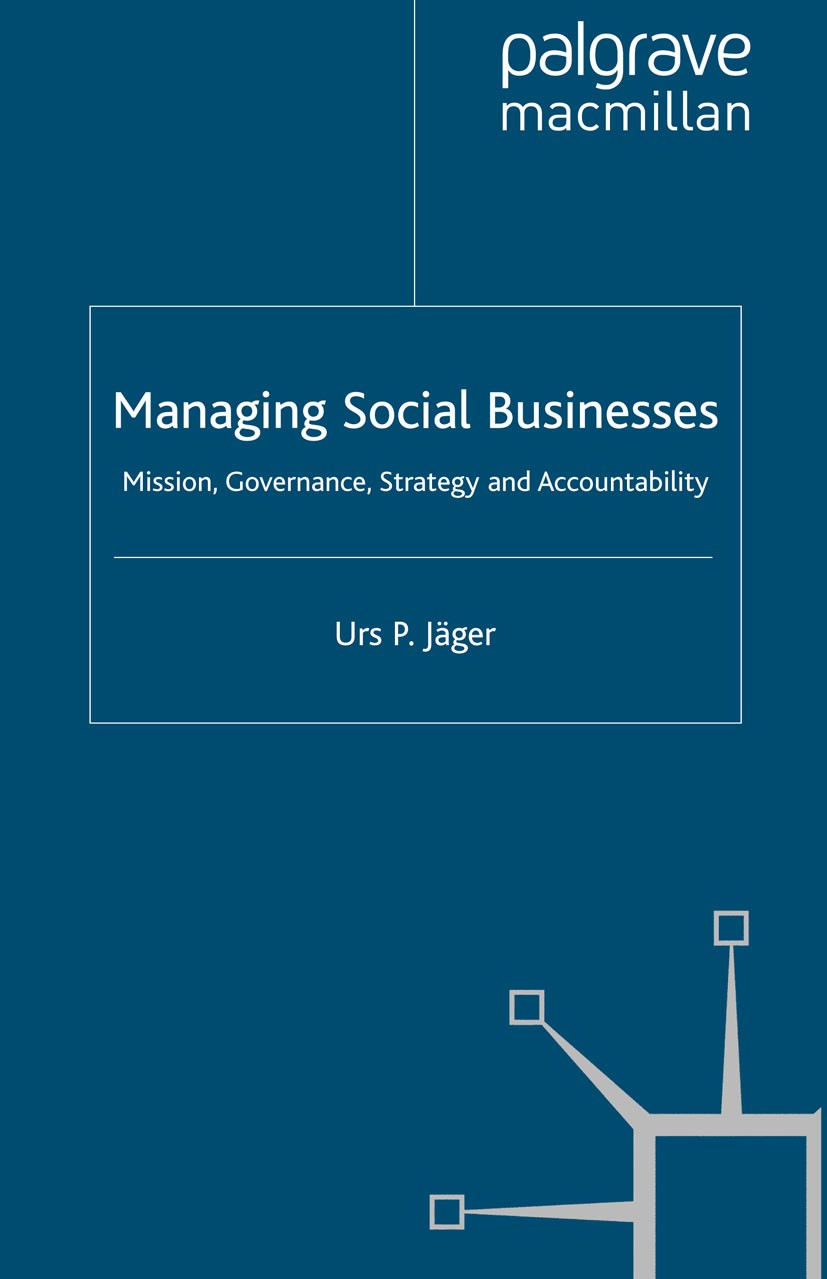| 書目名稱 | Managing Social Businesses | | 副標(biāo)題 | Mission, Governance, | | 編輯 | Urs P. J?ger | | 視頻video | http://file.papertrans.cn/624/623186/623186.mp4 | | 圖書封面 |  | | 描述 | Social businesses and non-profit organizations act at the interface of markets and civil societies. Their executives are challenged by issues of social mission and economic rationale. This book presents a new concept of social businesses and a framework for the mission and strategy-related decision making in this complex concept. | | 出版日期 | Book 2010 | | 關(guān)鍵詞 | business; management; Motivation; organization; organizations; Portfolio; strategy | | 版次 | 1 | | doi | https://doi.org/10.1057/9780230292420 | | isbn_softcover | 978-1-349-32214-5 | | isbn_ebook | 978-0-230-29242-0 | | copyright | Palgrave Macmillan, a division of Macmillan Publishers Limited 2010 |
The information of publication is updating

|
|
 |Archiver|手機(jī)版|小黑屋|
派博傳思國際
( 京公網(wǎng)安備110108008328)
GMT+8, 2025-10-15 20:08
|Archiver|手機(jī)版|小黑屋|
派博傳思國際
( 京公網(wǎng)安備110108008328)
GMT+8, 2025-10-15 20:08


